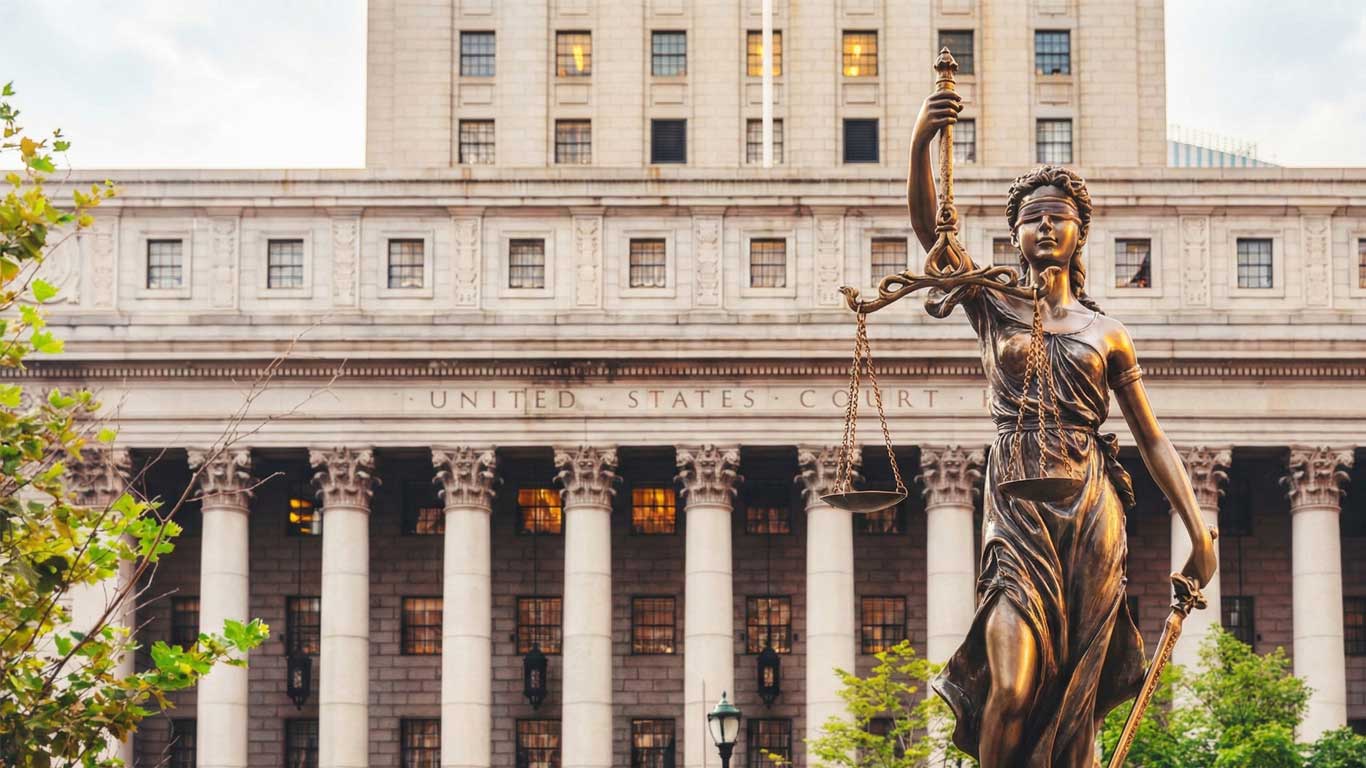
The Eleventh Circuit Court of Appeals has denied an appeal filed by Sakib Ahmod, who sought asylum and withholding of removal from the United States. The court’s decision, issued on November 6, 2025, focused on the credibility of Ahmod’s testimony, ultimately siding with the Board of Immigration Appeals (BIA) and the Immigration Judge (IJ) who initially denied his application.
The Core of the Case: Asylum and Credibility
Ahmod’s case centered on his claim that he feared persecution if he returned to his home country. To be eligible for asylum, an individual must demonstrate either past persecution based on a protected ground (like political affiliation) or a well-founded fear of future persecution. A key part of this process is establishing credibility: the applicant must provide believable, consistent, and specific evidence to support their claims.
The Lower Court’s Findings: Inconsistencies and Omissions
The IJ, and subsequently the BIA, found Ahmod’s testimony lacking in credibility. They pointed to several inconsistencies and omissions in his statements, both in his oral testimony and in his written application. These included:
* Contradictory timelines: Ahmod’s statements about how long he stayed at his sister’s home after fleeing differed from his sister’s affidavit.
* Vague answers: His explanations about how he obtained a Brazilian visa were unclear and inconsistent.
* Conflicting information: He testified that he’d worked in a grocery store and never owned a business, contradicting his application.
* Implausible travel: The IJ found it hard to believe that he traveled with his pregnant wife and child through multiple countries without a smuggler.
* Inconsistent travel history: His testimony about going to Brazil before returning to Bangladesh didn’t match his application.
The IJ also noted that Ahmod was often unresponsive or provided inadequate explanations for these discrepancies.
The Court’s Review: Deference to the Agency
The Eleventh Circuit’s role in this case was not to re-evaluate the facts but to review the BIA’s decision. The court operates under a “substantial-evidence test,” meaning they must uphold the agency’s decision if it’s supported by reasonable, substantial, and probative evidence. The court is also required to view the evidence in a way that supports the agency’s decision. The Court of Appeals can only reverse the IJ’s credibility findings if the evidence “compels” a different conclusion.
The court emphasized that it must give considerable deference to the BIA’s and IJ’s findings on credibility. The court noted that it cannot substitute its judgment for that of the BIA with respect to credibility findings.
The Court’s Decision: Upholding the Agency’s Ruling
The Eleventh Circuit concluded that substantial evidence supported the BIA’s decision to deny Ahmod’s appeal. They agreed that the IJ had provided “specific, cogent reasons” for the adverse-credibility finding, pointing to the numerous inconsistencies in Ahmod’s account. The court found that Ahmod had not met his burden of demonstrating that the IJ’s decision was not supported by substantial evidence.
In its ruling, the court stated that Ahmod had not adequately explained many of the inconsistencies. The court also noted that even where Ahmod offered alternative explanations, it could not conclude that the evidence compelled a finding that he was credible.
The Issue of Future Persecution: Not Addressed
Ahmod also argued that even if his testimony wasn’t entirely credible, he had still established a well-founded fear of future persecution based on his involvement with the Liberal Democratic Party of Bangladesh (LDP). However, the court did not address this argument. Because the BIA had based its decision solely on the adverse-credibility finding, it had not considered whether Ahmod could establish a well-founded fear of future persecution, even without his testimony. The court explained that it could only review the BIA’s rulings that affected the validity of the final order of removal. Since the BIA never addressed the issue of future persecution, the court could not either.
The Bottom Line: Appeal Denied
Ultimately, the Eleventh Circuit denied Ahmod’s petition for review. The court found that the BIA’s and IJ’s adverse-credibility determination was supported by substantial evidence, and that the BIA properly based its decision on this finding.